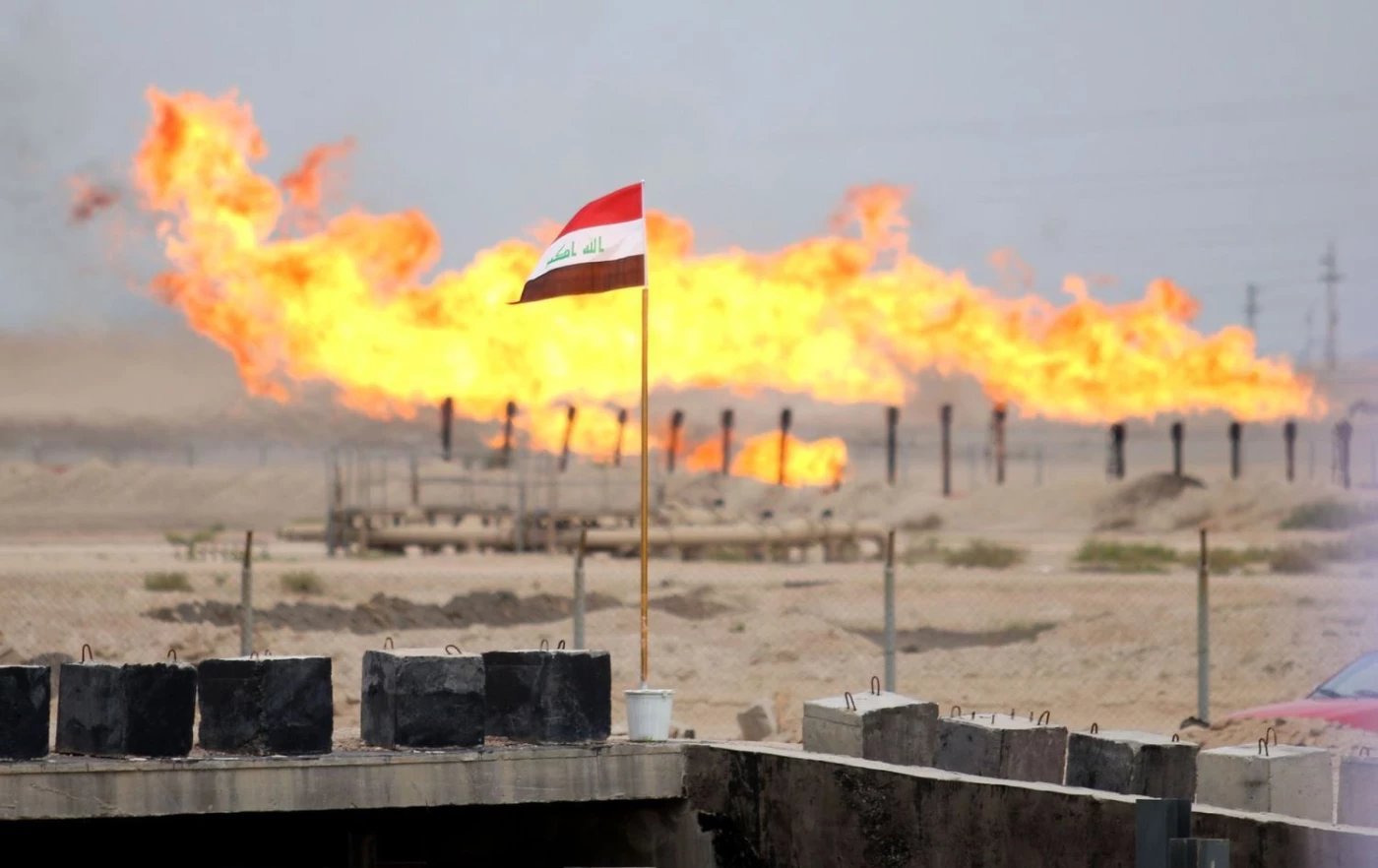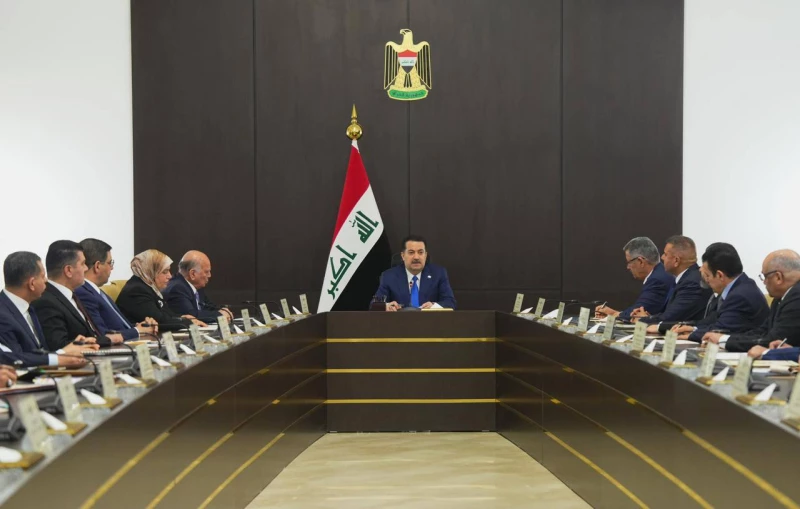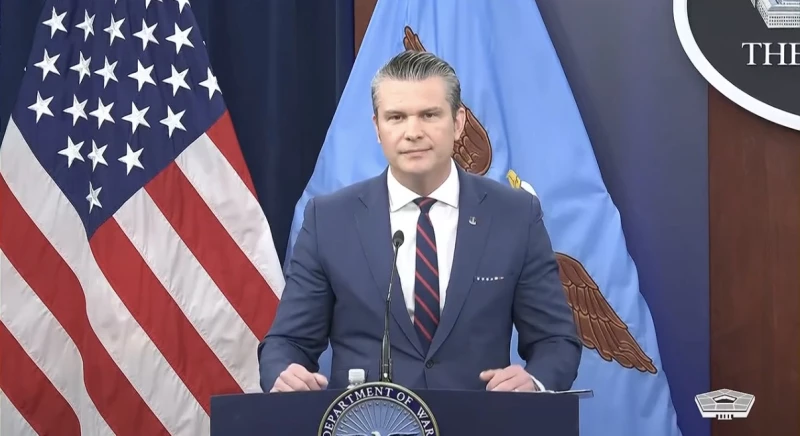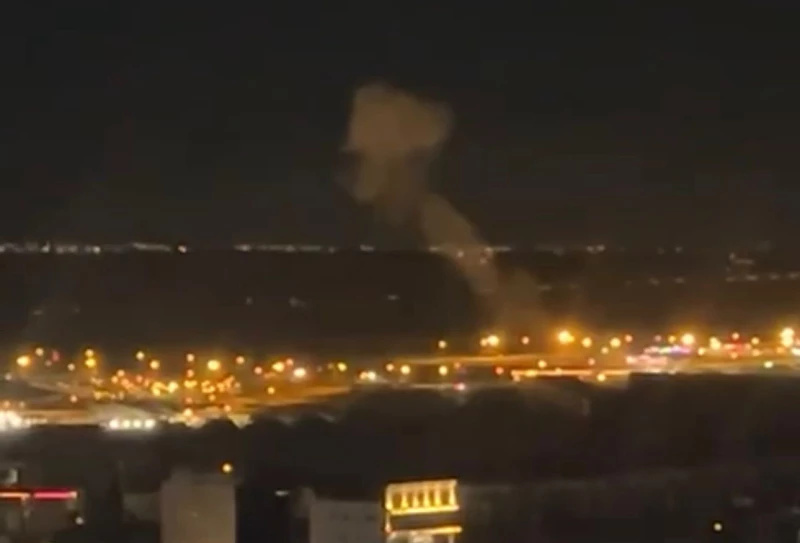ERBIL, Kurdistan Region of Iraq - The Fatah Alliance, led by veteran Iraqi Shiite political leader Hadi al-Amiri, on Tuesday expressed concerns about the possibility of Iraqi oil reaching Israel via the Iraqi-Jordanian oil pipeline project.
Ali Hussein, a leader in the alliance, told The New Region that fears about the project are longstanding. “There are concerns and warnings that Iraqi oil might reach Israel through this project. This has led to political and even popular reservations, including from political forces within the Coordination Framework,” he said.
Hussein emphasized the need for rigorous oversight, stating, “The project must be carefully scrutinized. Jordan must provide real guarantees that Iraqi oil will not reach Israel under any circumstances. Iraq must also monitor the oil’s journey after it reaches Aqaba to ensure its final destination.”
“These concerns and political reservations are natural, particularly given Iraq’s law criminalizing normalization with Israel, which prohibits any direct or indirect political or economic contact with the country,” he added
The comments come as the Iraqi-Jordanian pipeline project enters its implementation phase.
Economic expert Nabil al-Marsoumi said earlier on Tuesday that the pipeline would allow Iraq to export oil to three countries simultaneously but noted that its economic viability remains questionable.
In a Facebook post, Marsoumi explained that the Council of Ministers has approved a contract between the Basra Oil Company and the Oil Projects Company to construct the “Basra-Haditha” segment. The 685-kilometer pipeline will cost approximately 6 trillion dinars (over $4.5 billion) and is expected to transport 2.25 million barrels per day.
The project’s next phase, a 972-kilometer segment from Haditha to Aqaba, would enable exports to three directions: Aqaba in Jordan, Baniyas in Syria, and Fishkhabour on the Iraq-Turkey border. The pipeline includes ten pumping stations, three storage depots with a combined capacity of 19 million barrels, and a control and measurement system.
Marsoumi said Iraq plans to supply Egypt with 65,000 barrels per day via Aqaba without extending the pipeline further into Egypt. Additionally, Iraq will provide less than 150,000 barrels daily to Jordan’s Zarqa refinery under a pricing formula linked to global oil prices.
Marsoumi noted, however, that the project does not include building a refinery or a petrochemical complex in Aqaba, nor extending the pipeline to Egypt. He added that Jordan will receive a transit fee of 25 cents per barrel for oil exports ranging from 200,000 to one million barrels per day.
“The total cost of transporting oil through the pipeline, including investment, operational, and transit fees, is $2.27 per barrel if one million barrels are exported daily,” Marsoumi said. “By comparison, the cost of exporting oil by sea is $1.35 per barrel, rising to $2 per barrel when exported from Basra to Ceyhan.”
If pipeline capacity falls to 200,000 barrels per day, the cost jumps to $9.31 per barrel, and with inflation, it increases to $10.84 per barrel. “This significantly undermines the economic feasibility of the project,” Marsoumi said.



 Facebook
Facebook
 LinkedIn
LinkedIn
 Telegram
Telegram
 X
X


